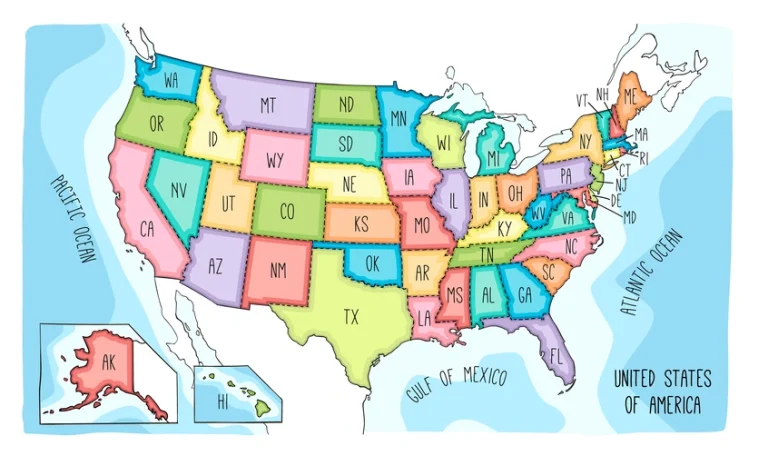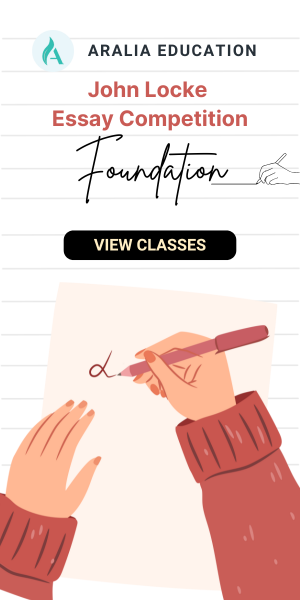As a high school student, college is one of the most important transitions of your life, and requires years of planning before hitting that submit button on your dream school application. Being an international college student in America, I know how stressful the application can be, especially for international students who don’t have the opportunity to visit the schools they are interested in. Therefore, I wanted to develop a College Application Planner for students based on what I’ve used in the past. Organization and communication are extremely important in this cycle, and this planer is a guide and a tracking tool for your college applications.
The college search and timeline spreadsheets let you keep track of all your college information for comparison and access online on your phone and laptop. I’ve always recommended students make an online spreadsheet for their college search because you can easily update the latest information without the hassle of erasing and rewriting information in your physical planner.
Access the College Application Planner 2023-2024
1. Guideline for 11th-grade students
Referring to the Grade 11 guideline in the four-year plan in high school, I’ve shortened and written a general checklist for students in Grade 11. Besides keeping track of your academics and extracurricular activities at school, you are also responsible for the requirements of your application. In 11th grade, you should:
- Stay on track with your classes and grades.
- Create a potential school list through different sources (college fairs, networking events, talking with current students, etc.). Your list of colleges should reflect your most important criteria (location, cost, majors, size, etc.) You can rank the schools by those criteria to communicate with your college counselor.
- Organize a testing plan. If you’re planning to take standardized tests such as the SAT, ACT or AP/IB exams, make sure to check the dates and mark the dates on your calendar. With the current pandemic situation, we suggest that you keep up with changes and communicate with your parents/advisors/college counselors for a more detailed plan. Organizing a testing plan will also allow you to have more time to prepare for those tests.
- Identify and contact recommendation writers. Your performance in class, after class, and on homework will effect each teacher’s impression of you and will eventually be discussed in college recommendation letters. So, try to make a good impression on your teachers. We suggest you actively participate in class, ask good questions, study diligently, and make full use of any extra help resources available after class and during the teacher’s office hours.
- Draft your personal essays. 11th grade is a good time for you to start brainstorming about potential topics/events you want to discuss. Take some time to think through what events have had a significant impact on shaping your personalities, life approach, and future journey.
2. Guideline for 12th-grade students
- Finalize your college list and start applying to schools based on their deadlines
- Finish taking the standardized tests. By this time, you should be done with testing or in the process of taking your final tests. Make sure to send your scores to your chosen schools.
- Keep track of deadlines. You’ll be filling out lots of forms this year, so it’s important to know what form is due when. Make a calendar showing the application deadlines for admission, financial aid, and scholarships. You can write down the checklist on our college admission master plan or timeline.
- Finalize the college you want to attend and complete all enrollment paperwork for that college. This is the very last step in your college application. After you fill out all the required paperwork, you’re off to a great start in your college journey!
3. How to use the College Application Planner 2023-2024
In the College Application Planner, you will find three different sheets: Master Plan, Overall Planning, and Timeline. Don’t worry, I will walk you through all three sheets to help you best plan the college journey. You can also customize the sheets to your liking!
Master Plan
In the Master Plan sheet, you should record all information/facts about the schools you want to apply to. We’ve included the most foundational and essential information from the school’s name, application system used, and a little description of the schools. This reflects primary data about the school itself, making it critical for any college comparison. Next, students can include details regarding specific admissions requirements and data to help them keep track of the requirements. There’s also an “Other” section that you can customize based on what’s important to you. On there, we’ve added Scholarship Notes and College Visits, but you should feel free to write down personal measures as well.
Overall Planning
The Overall Planning sheet gives you an overview of your goals for this admission cycle, what you want to do this year in terms of class, extracurricular activities, and things you do outside of school, and the actual outcome. The actual outcome can be anything from your reflection after a month of following the plan, or after the whole admission cycle. We also put in two different to-do lists for Grade 11 and Grade 12, so students can have a general idea of what tasks need to be done within each school year.
Timeline
If the Overall Planning sheet gives you a big picture of what you should accomplish within the admission cycle, the Timeline sheet allows you to have more detailed monthly goals and plans. We recommend you reflect on your monthly goals to write down a clear plan to achieve those goals for the month.
Applying to college/university is a long-term process that requires planning from your freshman year. We hope that with this College Application Planner, you can easily plan your high school around college application and will be able to achieve the greatest admission results for this and the upcoming admission cycles!
Written by: Leila
Leila worked at Aralia Education Technology, an open online course provider for middle school and high school students. As an international student in the US for over 5 years, Leila is eager to share her experiences about studying in the US and her unique insights to help future students succeed.










